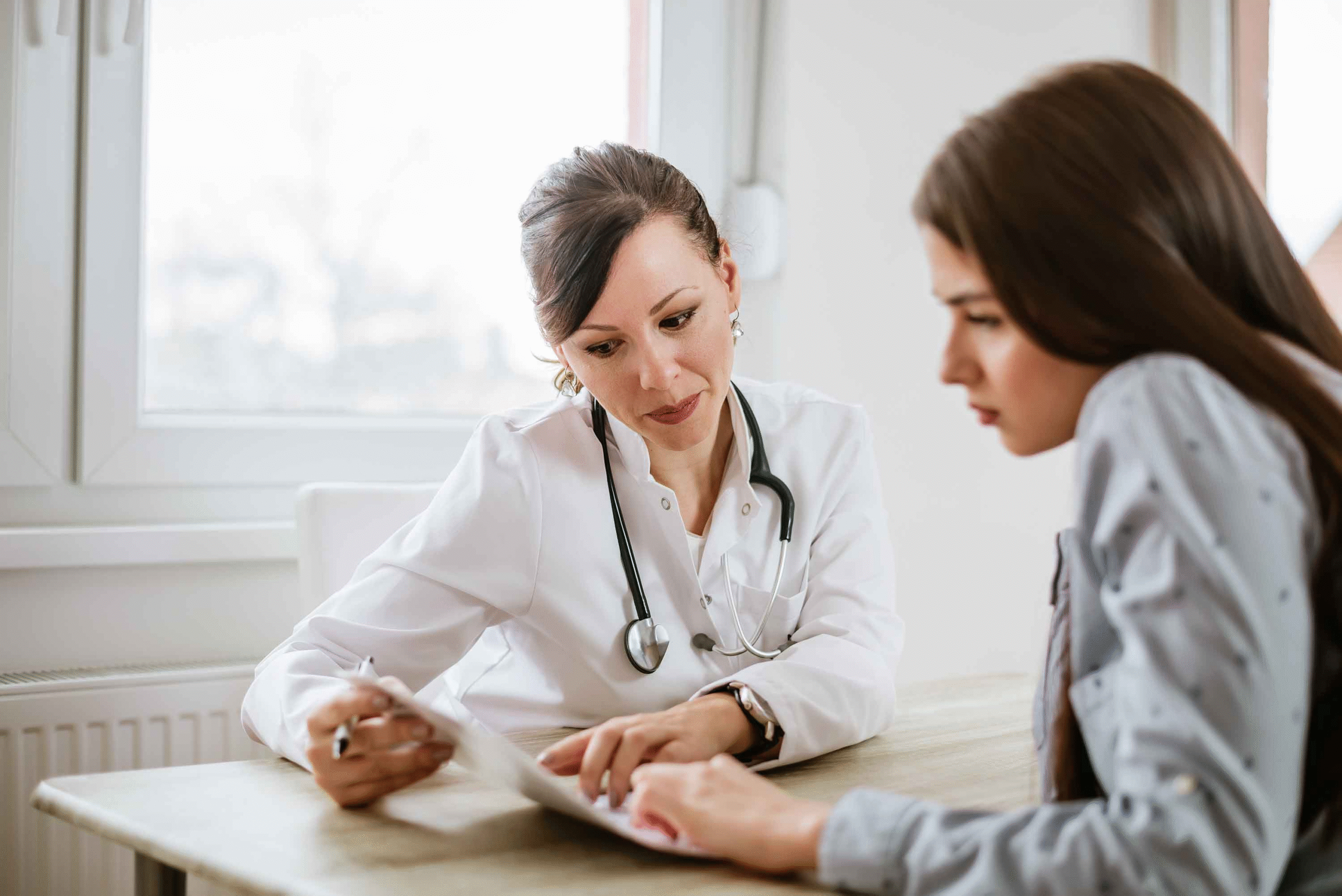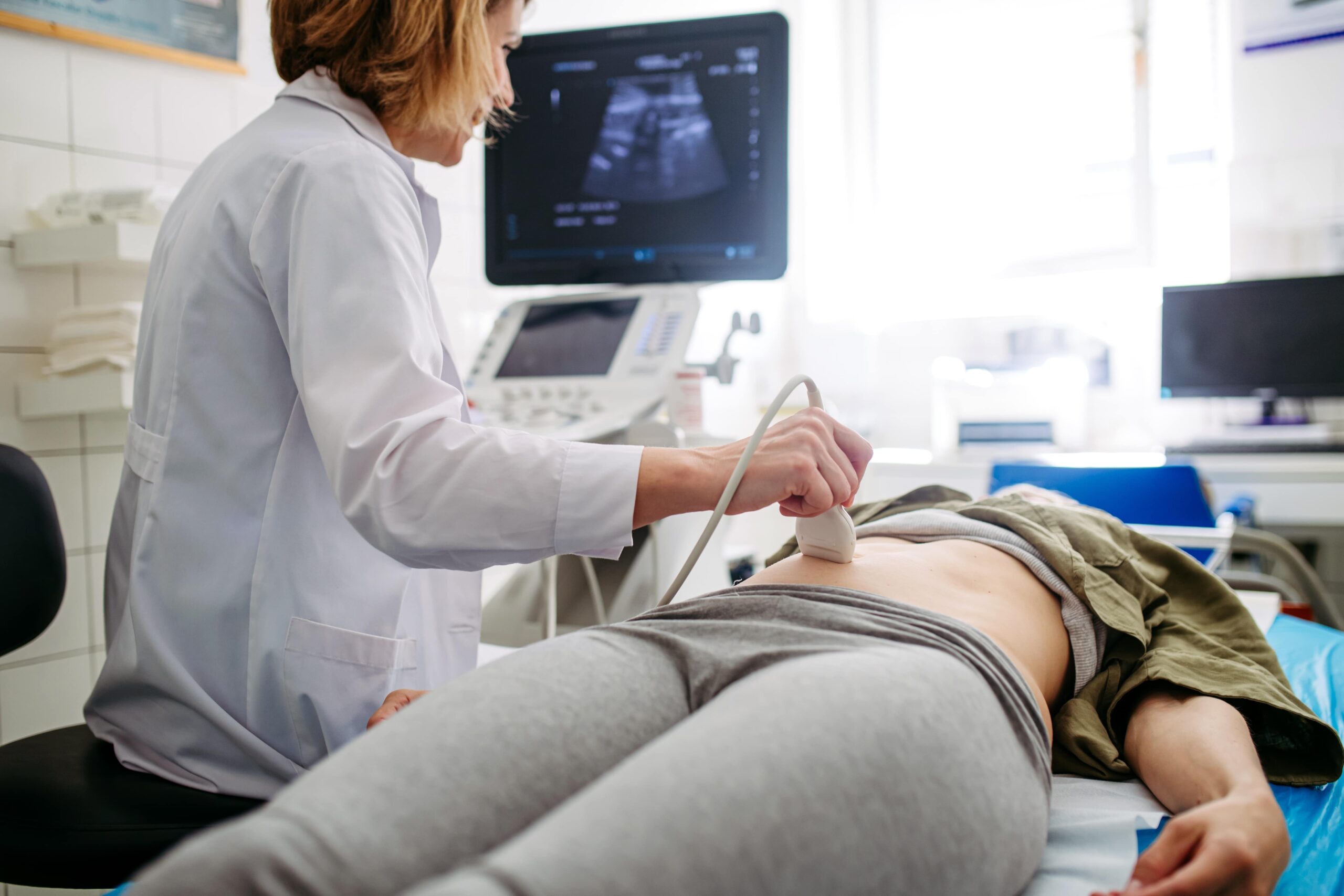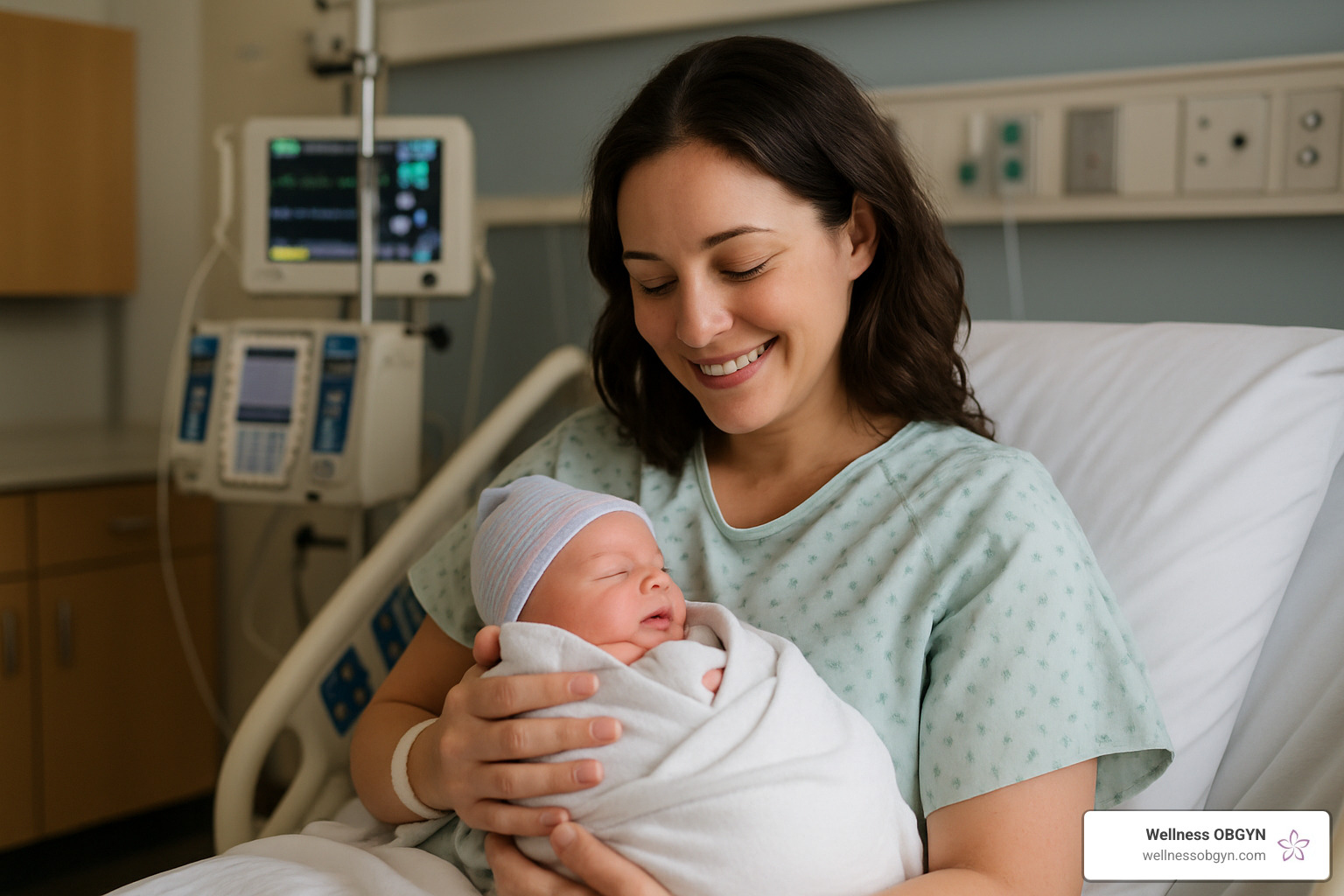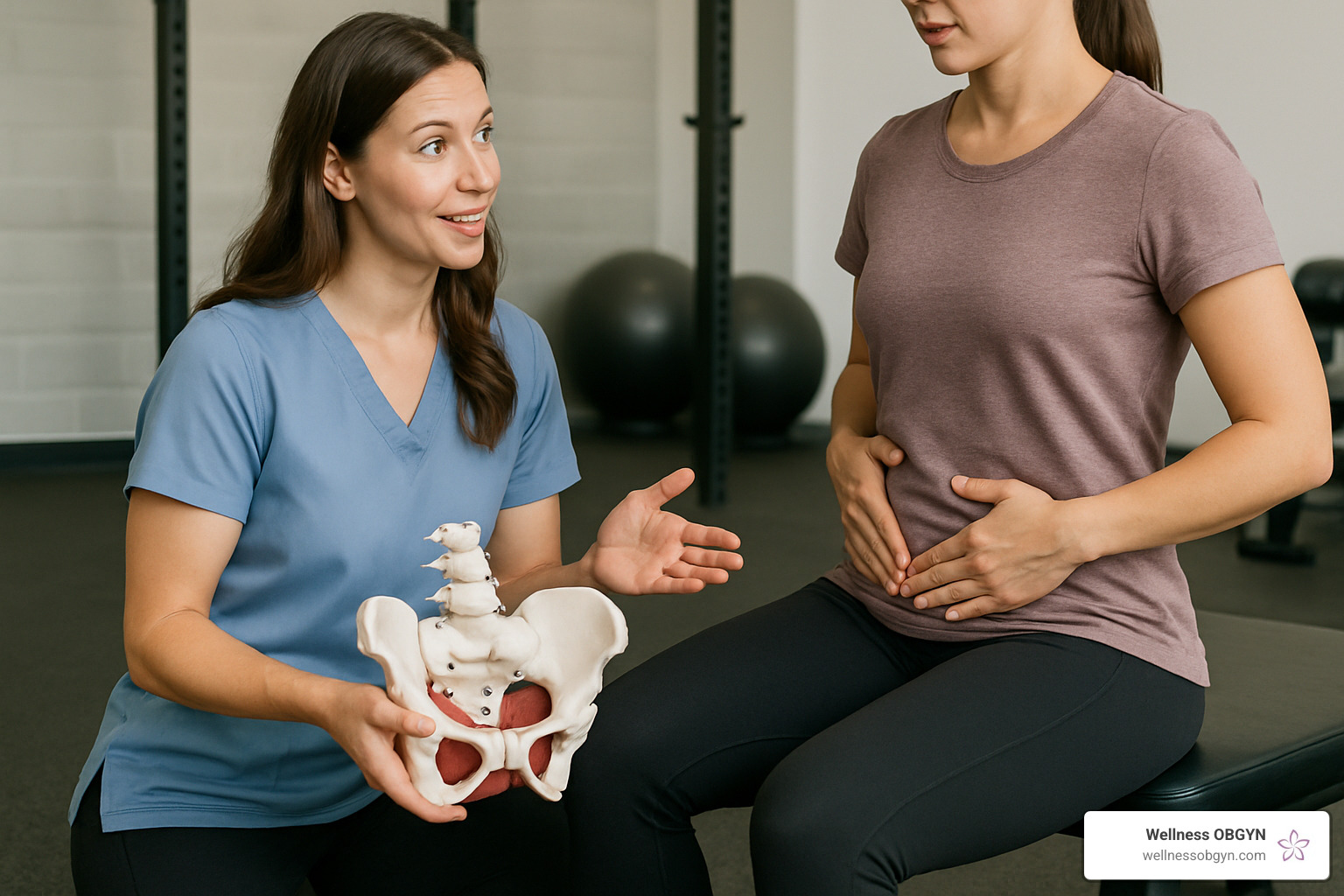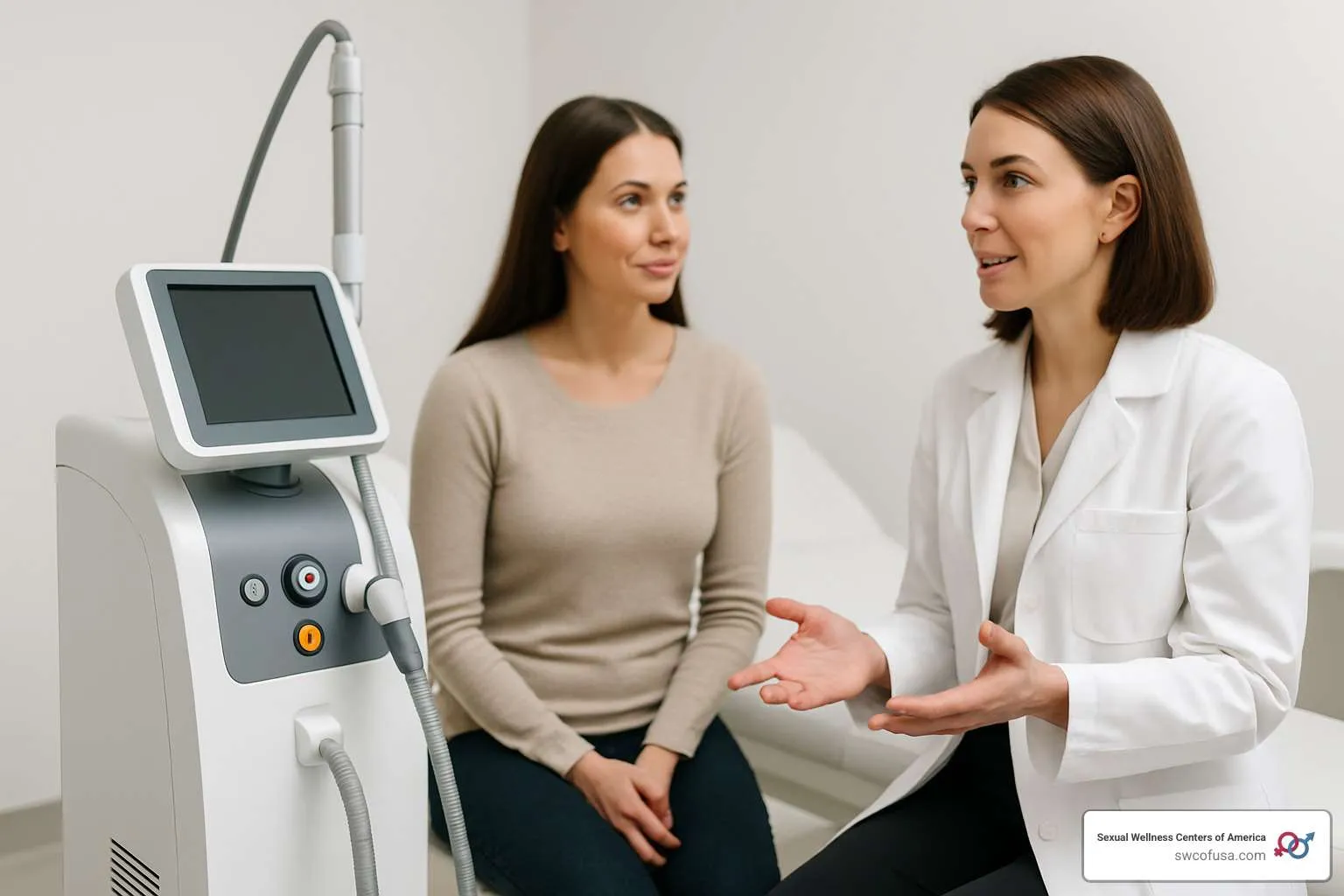In this article, we’ll walk you through how to prepare for a gynecology checkup in simple steps. We’ll cover what to do before your appointment, what usually happens during the exam, and how to feel more confident and comfortable.
Why Gynecology Checkups Are Important
Gynecology visits are not just for when something feels wrong. They are essential for preventive care. These checkups help detect early signs of issues like infections, hormonal imbalances, fibroids, or even cancer.
A routine visit can include:
- Pap smear for cervical cancer screening.
- Pelvic exam to check reproductive organs.
- Breast exam for early detection of lumps or abnormalities.
- Contraception discussion if needed.
- Menstrual health review to address irregular periods or pain.
By preparing properly, you can make the most out of your appointment.
Step 1: Schedule the Right Time
Timing matters when booking your checkup. Try not to schedule it during your menstrual period unless it’s urgent. While gynecologists can still perform exams during menstruation, it may make the process a little less comfortable and can affect certain test results.
Best time to go: A week after your period ends, when your body is most comfortable and test accuracy is higher.
Step 2: Know Your Medical History
Before the visit, gather some information about your health. Doctors often ask about:
- The first day of your last period.
- Your menstrual cycle (length, regularity, flow).
- Past surgeries or gynecology-related conditions.
- Medications you currently take.
- Sexual history (partners, contraception, any concerns).
Writing these details down beforehand saves time and ensures you don’t forget anything important.
Step 3: Practice Good Hygiene
You don’t need to do anything extreme before your appointment. A simple shower is enough. Avoid douching, using vaginal sprays, or scented products before the visit, as they can irritate tissues and interfere with test results.
Also, avoid sexual intercourse, using tampons, or inserting anything into the vagina 24 hours before your exam if a Pap smear is expected. This helps ensure accurate test results.
Step 4: Dress Comfortably
Wear clothes that are easy to remove, such as a dress, skirt, or loose pants. During the exam, you’ll be given a gown or drape, so comfort is key. Avoid complicated outfits that may make you more stressed.
Step 5: Prepare Your Questions
Your gynecology visit is a great chance to talk openly about your health. Write down questions ahead of time so you don’t forget. Examples include:
- Why am I experiencing irregular periods?
- What birth control options are best for me?
- How can I manage painful cramps or heavy bleeding?
- What screenings do I need at my age?
- How do I perform a proper breast self-exam?
Remember, no question is too small or embarrassing. Your doctor is there to help.
Step 6: Relax and Manage Anxiety
Feeling nervous before a gynecology checkup is common, especially for first-timers. To ease anxiety:
- Take deep breaths before and during the exam.
- Remember that gynecologists are trained professionals who do these exams daily.
- Bring a supportive friend or family member if allowed.
- Focus on the fact that this checkup is for your health and well-being.
What to Expect During the Checkup
Most gynecology checkups follow a similar process:
1. Conversation and Health Review
The doctor will begin by asking about your health, menstrual cycle, and any symptoms. This is the best time to bring up your questions.
2. General Physical Exam
Your doctor may check your weight, blood pressure, and general health.
3. Breast Exam
The gynecologist will gently check for lumps or changes in your breasts.
4. Pelvic Exam
This includes:
- External exam: Looking at the outside of your genital area.
- Speculum exam: Using a small device to view the vagina and cervix.
- Pap smear: Collecting cells from the cervix to test for abnormalities.
- Bimanual exam: Checking your uterus and ovaries with gentle pressure.
5. Discussion of Next Steps
If any concerns are found, your doctor may suggest further tests or treatments. Otherwise, they’ll guide you on how often to return for future checkups.
How Often Should You Visit a Gynecologist?
- First visit: Recommended between ages 13–15 (usually just a discussion, not an exam).
- Age 21–29: Pap smear every 3 years.
- Age 30–65: Pap smear every 3 years or Pap + HPV test every 5 years.
- After 65: Screening may stop if previous results were normal.
Of course, if you experience unusual symptoms like heavy bleeding, pelvic pain, or abnormal discharge, you should book an appointment right away, no matter your age.
Tips for a Better Experience
- Eat a light meal before your visit to avoid feeling faint.
- Bring a notebook or use your phone to jot down medical advice.
- Be honest about your lifestyle, including sexual activity and habits.
- Remember, gynecology visits are confidential—your doctor is there to help, not to judge.
Final Thoughts
Preparing for a gynecology checkup doesn’t have to be stressful. By planning ahead, maintaining good hygiene, writing down your questions, and staying relaxed, you can turn the visit into a positive experience. Think of it as a proactive step toward protecting your long-term health.
Taking care of your reproductive system is just as important as caring for your heart or lungs. So, instead of worrying, remind yourself: this checkup is about you—your health, your comfort, and your future well-being.
FAQs About Preparing for a Gynecology Checkup
1. Should I shave or wax before my appointment?
No, shaving or waxing is not required. Gynecologists don’t expect it, and it makes no difference to the exam. Just maintain normal hygiene.
2. Can I go to a gynecologist if I’m not sexually active?
Yes. Even if you’ve never had sex, it’s still important to get regular checkups for menstrual health, hormone issues, and general well-being.
3. What if I feel embarrassed or uncomfortable during the exam?
This is completely normal. You can request a female gynecologist or ask for a nurse to be present for support. Open communication helps reduce discomfort.
4. Do I need to fast before a gynecology appointment?
No, fasting is not necessary unless your doctor has ordered specific blood tests. Otherwise, you can eat normally before your visit.
5. How long does a gynecology checkup usually take?
Most appointments last 20–30 minutes, depending on whether additional tests are needed.
Social Sharing
Your Content Goes Here
Latest Posts

